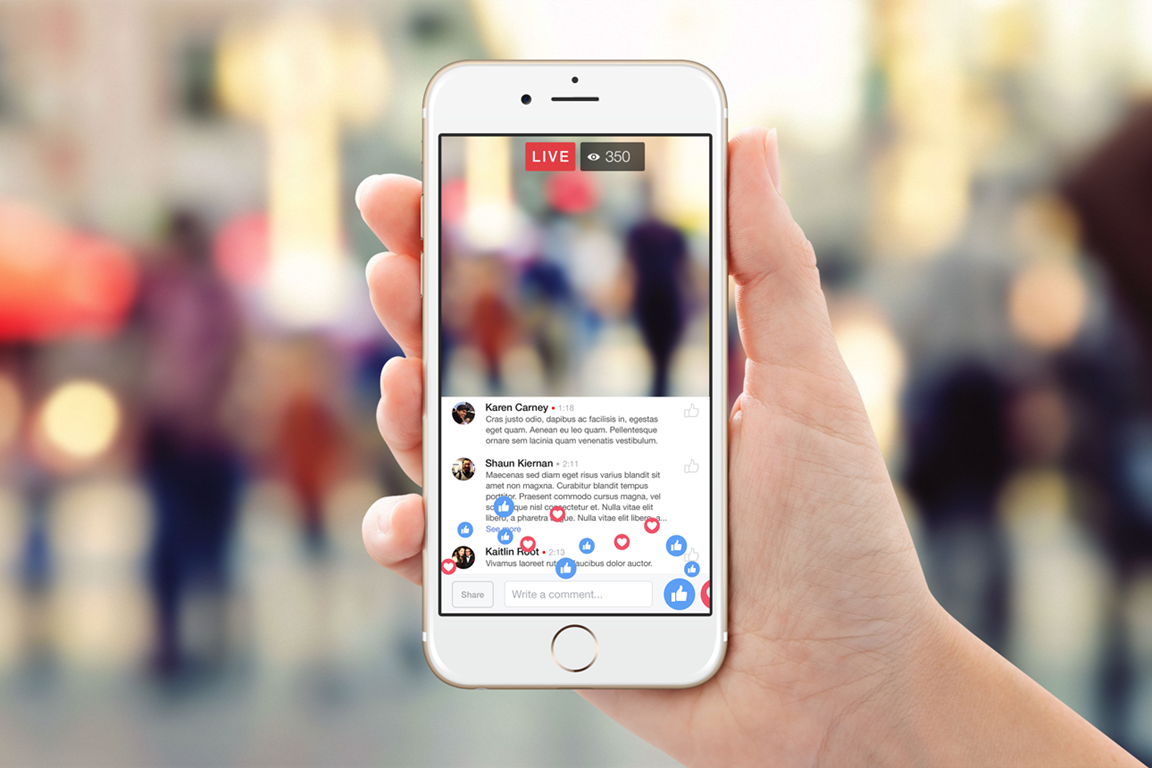Top three tips for hosting a virtual event
posted on Friday 15 May
News As the venues industry prepares and plans for social distancing at events, people are looking to technology to help make things that little bit easier. From hosting whole conferences online, to using technology to help audience members interact with speakers and attendees through their phone.
As the venues industry prepares and plans for social distancing at events, people are looking to technology to help make things that little bit easier. From hosting whole conferences online, to using technology to help audience members interact with speakers and attendees through their phone.
Dipping a toe into the virtual events world might feel outside of your comfort zone, but a few simple considerations will help you along the way. Read on for helpful tips and tools to get you started…
1. Think about what technology would work best for you
For a really slick and professional production look to recreate those all important keynote speaker sessions for a conference, or present a live panel discussion, why not hire venue space with a great backdrop and specialist sound and film equipment to live-stream or record your event. Audiences can tune in and engage live, or watch it at a later date. The OUEV venues have partnered with specialist audio visual providers to bring your event to life.
For those small events, your phone is an excellent and easy tool to reach your audience. Social media stories are brilliant and easy way to share videos and visuals, with special effects to bring them to life. This approach works well on Instagram, Facebook, TikTok and Snapchat.
If you’re feeling confident, go live!
Going ‘live’ on YouTube, Twitter, Instagram and Facebook is a great way to host a Q&A, present a short talk, or even host a social event such as a wine tasting, drinks reception and more. Livestreams can really drive engagement – Facebook suggests a live video averages six times more content than a regular video!
2. Plan carefully
Set a tight agenda, practice with the technology before-hand and think about the best time to host your virtual event.
Consider:
- When will your audience be online? Would early morning virtual breakfast, lunch time slot, or evening work well?
- How can attendees sign up or register?
- Do attendees need to prepare anything? Or order anything for example, a selection of wine or beer or cheese for a tasting evening?
- Have you got a technology back up plan? If you’re hosting the event yourself, anticipate any issues with technology so you aren’t caught out!
3. Promote, promote, promote
Let your audience know your event is taking place and encourage people to tune in. Determine the key selling points your event has to offer attendees – maybe it’s a noteworthy speaker, skill sharing session or an opportunity to network? Whatever you choose, make sure the value proposition is clear in your marketing.
Sharing the event details by email and social media can help spread the word, and ask your network to ‘tell a friend.’ For larger events, strategic advertising such as LinkedIn InMail or Facebook advertising work really well.
Registrations tend to increase two-to-three weeks before an event. So it’s a good idea to ramp up around this time. Send a friendly reminder the day before the event so your delegates can prepare!
